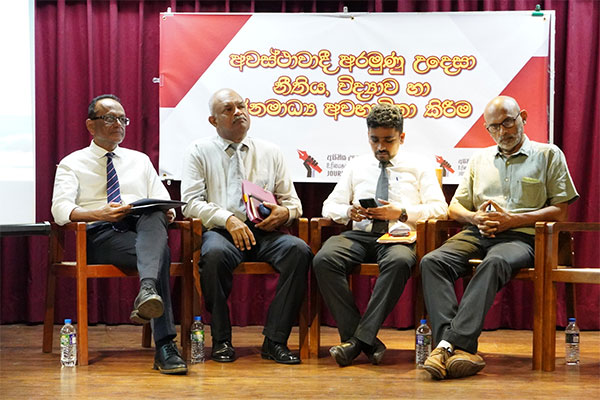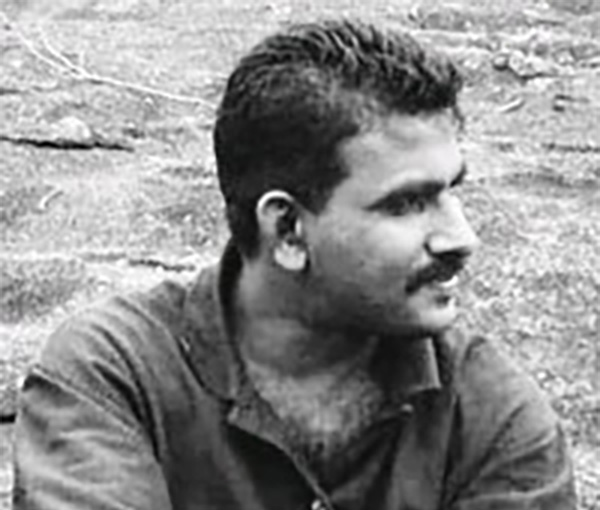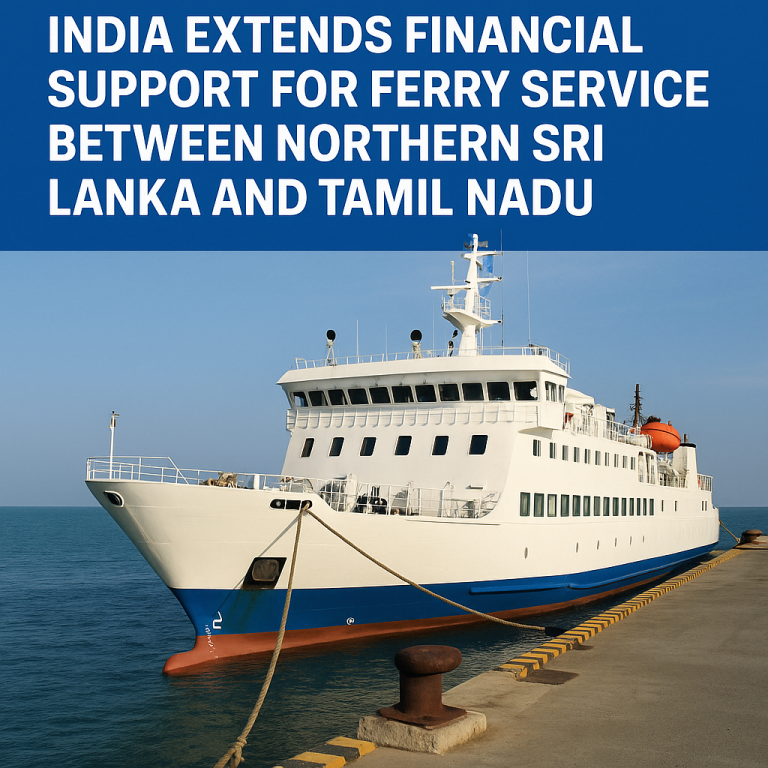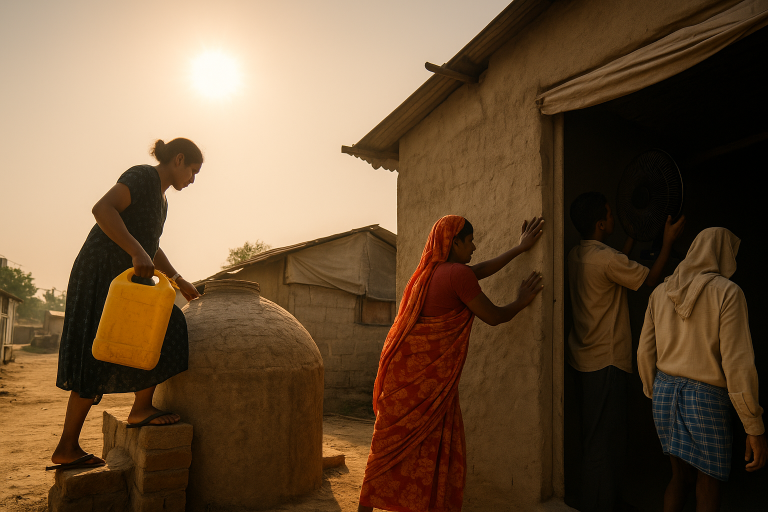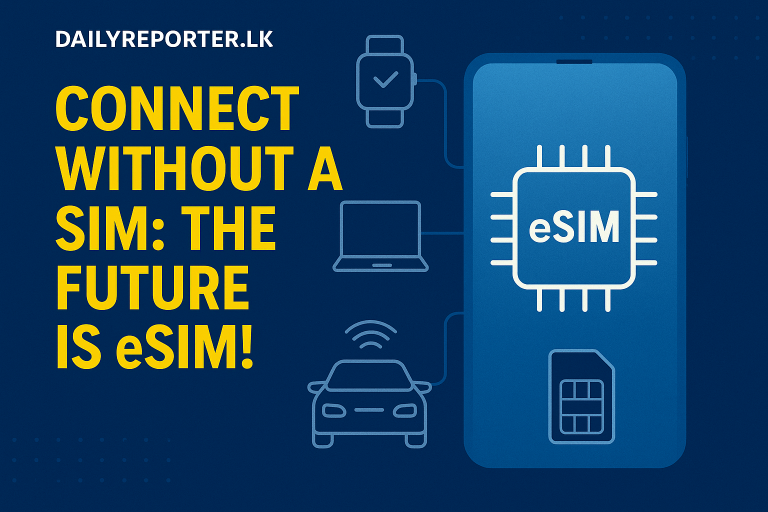Colombo, May 21, 2024 — A policy dialogue held on the misuse of law, science, and media highlighted the damaging impact of irresponsible journalism and opportunistic objectives. The event, attended by eminent personalities and professionals from various sectors, scrutinized how misinformation and disinformation can lead to severe societal consequences.
The policy dialogue was organized by Journalists for Rights in collaboration with the Right to Life Human Rights Center. Journalists for Rights is a trade union of journalists who advocate for human rights.
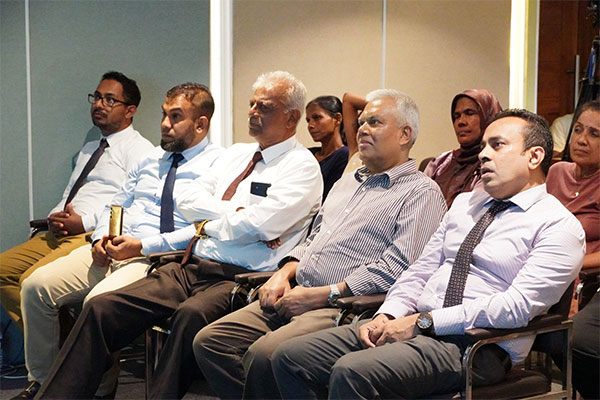
Addressing the dialogue, Prof. Hemantha Senanayake of Colombo University, with over 40 years of experience, emphasized the critical role of media responsibility. He recounted the harrowing case of Dr. Shafi, who was falsely accused of sterilizing 4,000 women during caesarean surgeries. This allegation, sensationalized close to a Muslim festival immediately after the Easter Sunday attack in 2019, not only damaged Dr. Shafi’s reputation but also instilled fear and mistrust in the medical community.
“Media is powerful and must be responsible,” Prof. Senanayake stated. He pointed out that the media’s failure to verify facts led to a widespread belief in the accusations, even among medical professionals. The unsubstantiated claims about Dr. Shafi’s children bringing Watalappan laced with sterilizing chemicals to school further fueled public hysteria.
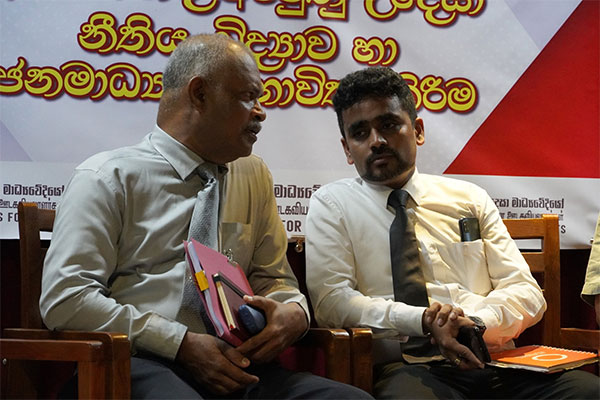
“False allegations against Dr. Shafi severely damaged the essential trust between doctors and patients, jeopardizing the integrity and functionality of the medical sector,” Prof. Hemantha Senanayake emphasized
C. Dodawatta, a senior journalist and editor, discussed the broader implications of such information misuse. He highlighted how the deliberate spread of false information undermines democracy and distorts societal realities, creating a chaotic and violent response from the public.
“The fate of society with this information disorder is dire,” Dodawatta warned. He called for stringent media reforms, improved media literacy among the public, and robust mechanisms to combat misinformation and hate speech.
Former CID Director Shani Abesekara shared his experiences investigating the Dr. Shafi case. Despite thorough investigations and medical examinations, no evidence was found to support the sterilization claims. However, the media’s persistent narrative caused irreversible damage to Dr. Shafi and his family.
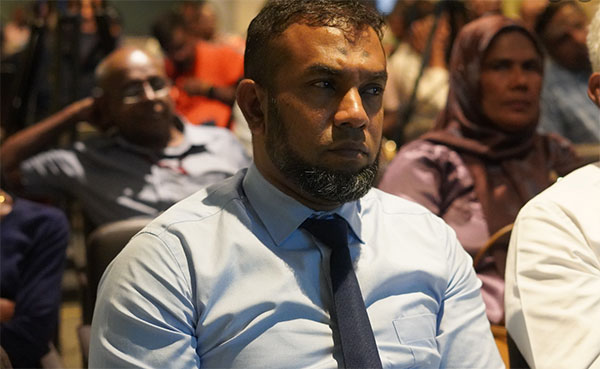
“The media reported so irresponsibly that it caused massive damage to the doctor, his family, and the community,” Abesekara lamented. He underscored the need for media forensic studies to analyze and curb the spread of fake news.
Dulan Dasanayake, AAL, criticized the lack of professionalism among various sectors, including the legal and medical fields. He condemned the premature condemnation of Dr. Shafi and called for a renewed focus on ethical conduct and professional integrity.
“Trust between a doctor and a patient is highly important. If that trust is damaged, we cannot develop the health sector,” Dasanayake asserted. He urged professionals to uphold their oaths and responsibilities, emphasizing the need for collective action to restore public trust.
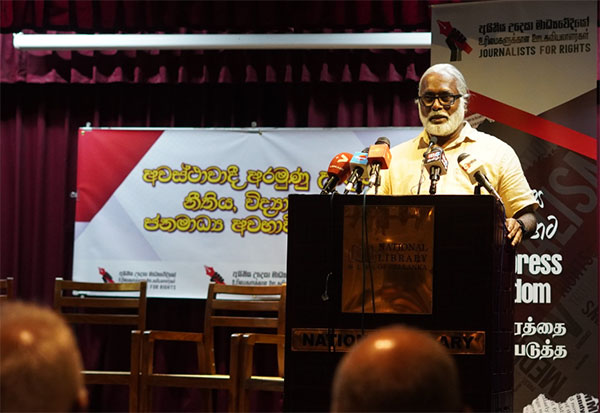
The dialogue also addressed the spread of other false stories, such as those involving kidney and testicle trade and the forcible cremation of Muslim bodies during the COVID-19 pandemic. These incidents, propagated by the media, further exemplify the consequences of irresponsible reporting.
Kusum S. Hennadi, Suranga Rajanayaka, Manike Balasuriya and Sunil S. Pellandeniya, all are professional journalists, stressed the importance of journalistic ethics. They argued that journalists must withstand external pressures and adhere to a self-imposed code of conduct to maintain public trust and credibility.
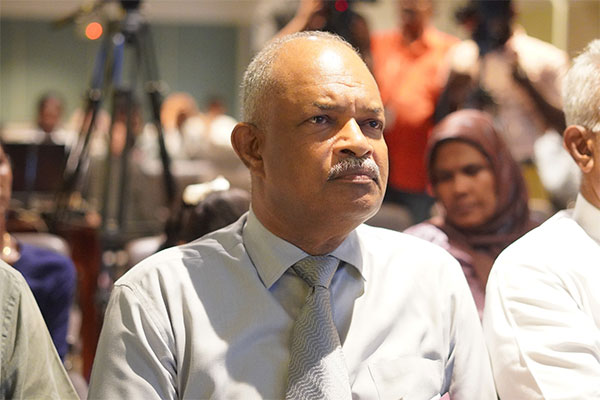
Mr. Mohamed Shafi Shihabdeen, a medical doctor who faced false allegations of sterilizing women during caesarean surgeries, addressed the event, explaining his harrowing experiences that led him to be remanded for a long period, interdicted and later reinstated, and the harassments faced by his family, especially his children. He urged the media and citizens to prevent a recurrence, stating, “The false accusations not only ruined my career but also caused immense suffering to my family. My children were particularly targeted and traumatized. I implore the media and the public to ensure such baseless and harmful incidents do not happen again.”
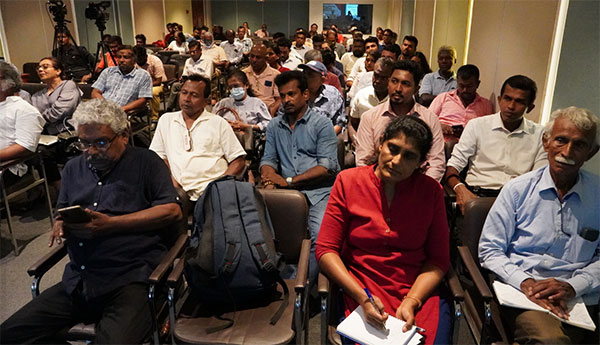
In conclusion, the policy dialogue called for a comprehensive approach to tackling the misuse of media, law, and science. It emphasized the importance of media accountability, professional ethics, and public education to mitigate the harms of misinformation and disinformation. The event served as a reminder of the profound impact of media on society and the urgent need for responsible journalism.
Ajith Perakum Jayasinghe

